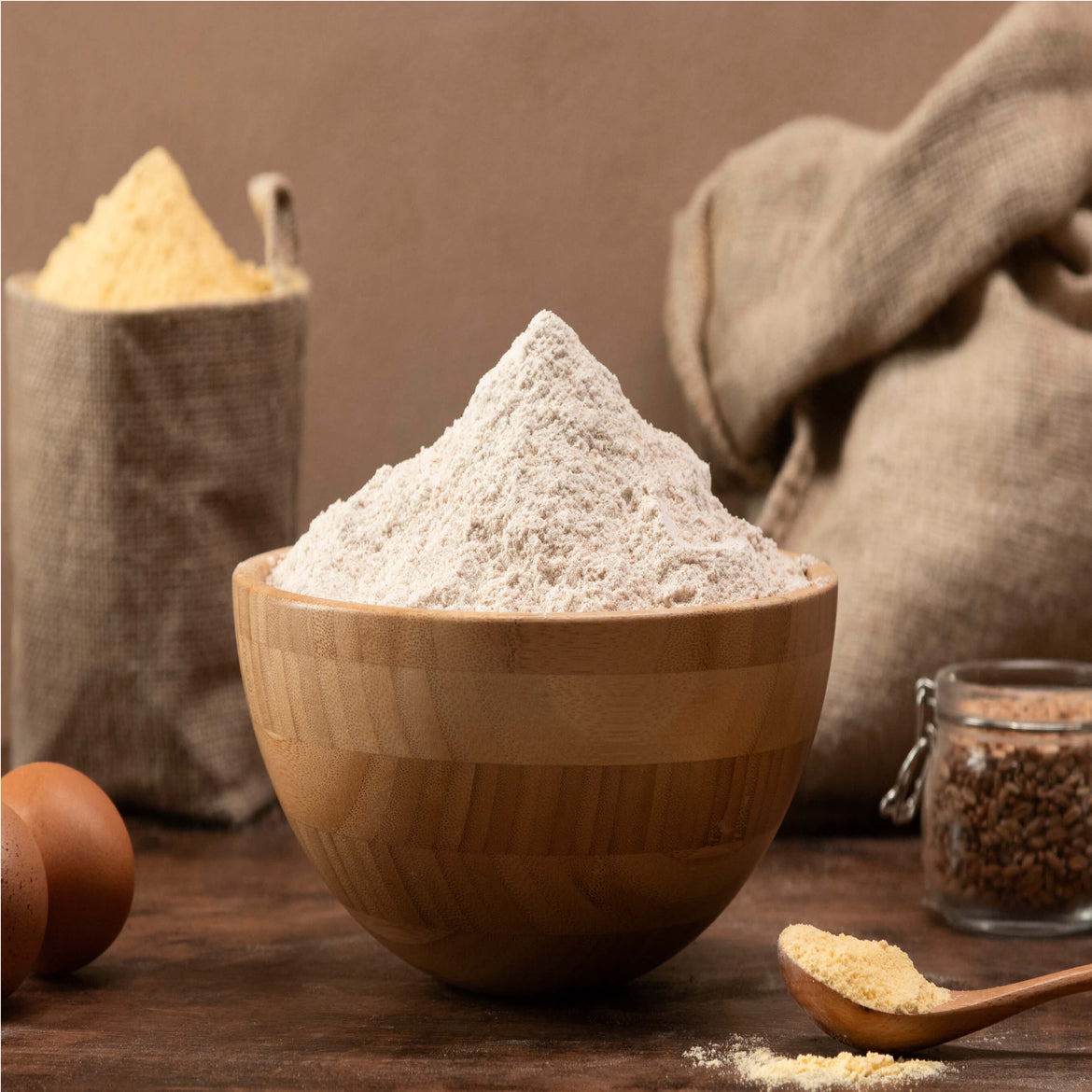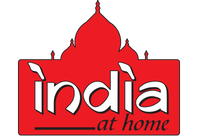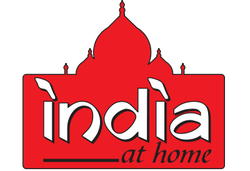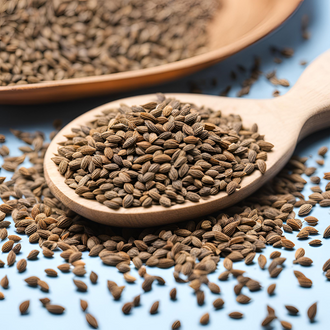
Millet Flour : A healthy alternative to wheat flour
- almond, aloo gobhi, aloo sabji, aloo tikki, amla, amla powder, aroma, asafoetida, ashwagandha, Australia, ayurveda, baisakhi, baking, bay leaf, beautiful hair, beauty, beef, beverages, biryani, Black beans, black pepper, Black-eyed peas, bread, bread pakora, burgers, butter, butter naan, cake, calming, camphor, cantaloupe, cardamom, cashew, chaat, Chicken, Chicken 65, chicken tikka masala, Chicken Vindaloo, Chickpeas, chilli, christmas, cinnamon, cloves, coffee, coffee beans, cookies, Cooking, cooler, copper jugs, coriander seeds, cumin, curd, curry, cutlet, dahi, dahi bhalla, Dal, dhokla, digestives, dosa, egg, egg cutlet, Eggplant, energy, fast food, fasting, feng shui, fenugreek, Festival, food, Gajar Halwa, garlic, ginger, ginger bread, gosht, Green peas, green tea, Groceries, Gulab Jamun, hair, hair care, hair colour, hair hacks, hair loss, hair massage, hair oil, haldi, haleem, Halwa, head massage, health, healthy hair, healthy living, heena, home, home cooked, home decor, Home Food, home made food, homemade, honey, hormones, house, ice, ice cream, idli, incense, incense stick, india, indian cooler, Indian Cuisines, indian dish, Indian Food, Indian Spices, indian street food, Indian Sweet, iron pan, italian food, jaggery, jalebi, jeera, jugs, kalakand, keema pav, khakara, kheer, Kidney beans, kitchen, kitchen hacks, laddoo, ladoo, lamb, lemon, lentils, lifestyle, Lima beans, makhana, makki ki roti, malai kulfi, mango pickle, masala tea, massage, matar paneer, medu vada, mehendi, melon seeds, methi, milk, millet, millet flour, mint, mouthfreshner, MTR Foods, mukhwas, musk melon, mustard seeds, mutton, natural digestives, Navratri, Navy beans, nihari, non vegeterian, oil, olive oil, onion, organic, pakistani dish, pakistani spices, palak paneer, pancakes, paneer, Paneer Makhani, pani puri, papad, pasta, Pav Bhaji, Peanuts, pickle, pistachio, pomegranate, poppy seeds, potato, pudding, Ragi, Ragi Flour, rajma, Rakhi, Rakshabandhan, rava kesari, ready to eat, red sauce pasta, resepetals, rice, roasted vegetables, rock salt, rogan josh, rooh afza, rose, rose petals, sabudana, saffron, sambar, samosa, Samosas, sarson ka saag, sauce, scalp, sexual health, sharbat, shikanji, shiny hair, soup, soups, soups and sauces, south indian dish, Spices, Spinach, star anise, steel utnesils, stew, street food, strength, stress free, sugar, suji halwa, summers, Sweet Dish, syrup, tea, tomato, tomato pickle, tomato sauce, Toor Dal, turmeric, uttapam, vacations, vada, vegetable, vegeterian, water, watermelon
- 29 Mar, 2023
Millet flour is quickly becoming a popular alternative to wheat flour in baking and cooking. Not only is it gluten-free, but it also provides a range of health benefits that make it a healthier choice for those with dietary restrictions or those looking to improve their overall health. In this blog post, we’ll explore the health benefits of millet flour, as well as how to incorporate it into your meals and baking.
Nutritional value of millet flour
Millet flour is a gluten-free grain flour that can be used as an alternative to wheat flour in baking and cooking. It is made from ground millet seeds, which are high in fiber and other essential nutrients. The health benefits of millet flour are numerous, as it is naturally rich in minerals, vitamins, and antioxidants.
When compared to other grain flours, millet flour stands out as it is very high in protein and contains all eight essential amino acids that the body needs for cell growth and repair. In addition, millet flour is rich in B vitamins, which are needed for healthy digestion, metabolism, and nervous system functioning. It also has a good amount of magnesium and iron, both of which are important for energy production and overall health.
Furthermore, millet flour is a good source of dietary fiber. Fiber helps to regulate blood sugar levels, reduce cholesterol levels, and promote healthy digestion. Additionally, the antioxidants found in millet flour help to protect against damage caused by free radicals.
With its impressive nutritional profile, millet flour makes a healthy alternative to wheat flour and is a great way to add essential nutrients to your diet.
Health benefits of millet flour
Millet flour is a great alternative to wheat flour, offering a range of health benefits. This type of flour is high in fiber and minerals like iron, calcium, and magnesium. It's also low in saturated fat, making it a healthy choice for those who are looking to limit their intake of unhealthy fats.
In addition to providing essential nutrients, millet flour can help reduce cholesterol levels and the risk of heart disease. Studies have shown that people who consume millet flour have lower levels of LDL cholesterol, which is a type of “bad” cholesterol. Consuming millet flour can also help regulate blood sugar levels, helping to prevent diabetes.
It's also a great source of antioxidants, which can help protect your body from damage caused by free radicals. These compounds can also help boost your immune system and fight off disease-causing bacteria and viruses.
Overall, millet flour is a great alternative to wheat flour and can offer many health benefits. Not only does it provide essential nutrients, but it can help keep cholesterol and blood sugar levels in check, as well as protect your body from free radical damage. For those looking to make healthier food choices, incorporating millet flour into their diet is a great way to do so.
How to use millet flour in recipes
Millet flour is a great alternative to traditional wheat flour and can be used in a variety of recipes. Here are some tips on how to use millet flour in recipes:
Baking: Millet flour can be used in place of wheat flour in most baked goods such as muffins, cookies, and cakes. It may be necessary to add more liquid or fat to the recipe when substituting millet flour for wheat flour.
Pancakes: Millet flour makes an excellent substitute for wheat flour when making pancakes. Simply replace the wheat flour in the recipe with an equal amount of millet flour and enjoy fluffy, delicious pancakes.
Soups and Sauces: Millet flour can also be used to thicken soups and sauces. Simply add a few tablespoons of millet flour to the recipe and stir until it’s completely incorporated.
Pasta: Millet flour can be used to make gluten-free pasta by combining it with other flours such as almond, buckwheat, and rice. The ratio of flours will depend on the type of pasta you’re making.
By following these tips, you can easily incorporate millet flour into your favorite recipes and take advantage of its many health benefits.





























